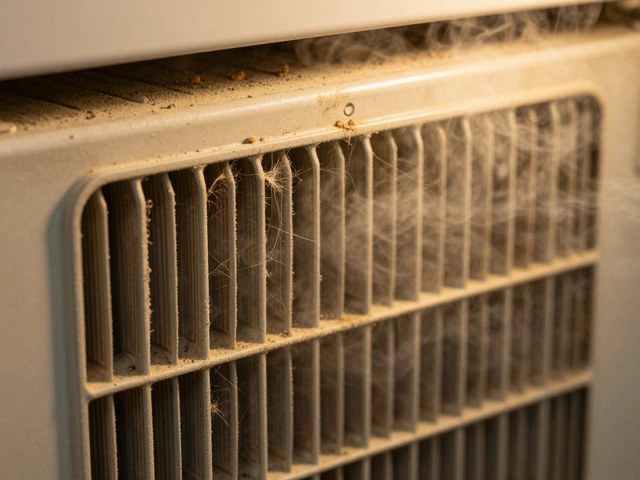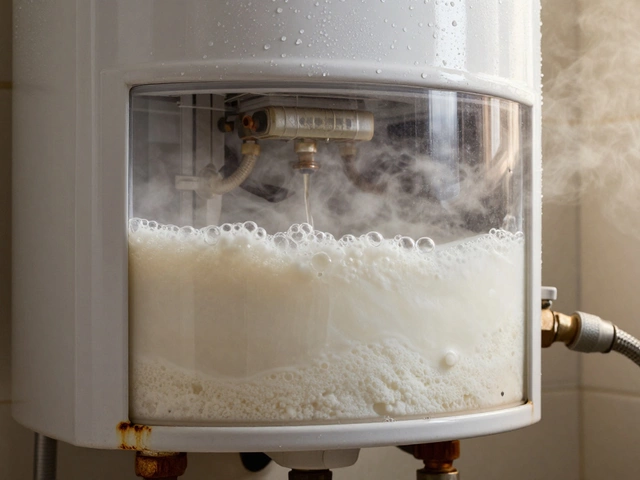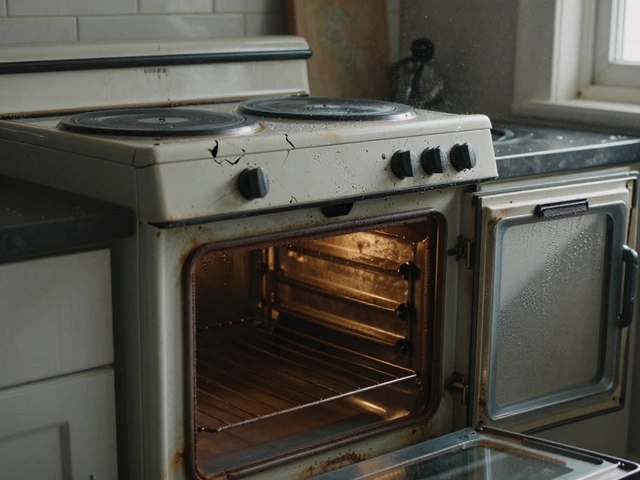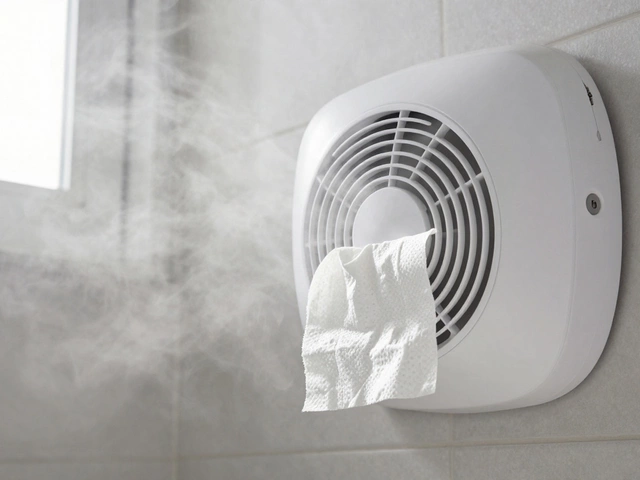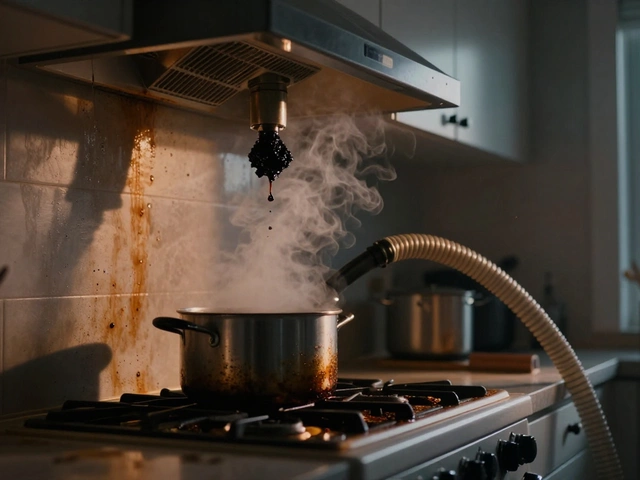Household Devices: Your Go‑To Repair and Maintenance Guide
Every home has a mix of gadgets – from the fridge that keeps food fresh to the boiler that warms the house. When something stops working, it can feel like a nightmare. The good news? Most problems have a simple cause and an easy fix. Below you’ll find straight‑forward advice that helps you troubleshoot common issues and decide if a professional is needed.
Common Issues Across Everyday Devices
Most appliances share a few familiar symptoms. A washing machine that won’t spin, a dishwasher that won’t drain, or a fridge that isn’t cooling – all of these often boil down to a clogged filter, a faulty pump, or a sensor that needs resetting. For example, a blocked filter in a washing machine can stop the spin cycle, while a dirty condenser on a fridge can make it run hotter. Checking and cleaning these parts is usually the fastest way to get things moving again.
Another frequent culprit is the power supply. Many homeowners overlook a tripped breaker or a loose plug, yet a simple reset can restore power to a dryer or a water heater. If you hear a humming sound from an oven but it won’t heat, the heating element might be worn out – swapping it out is a common DIY job that saves a few hundred pounds.
When to DIY and When to Call a Pro
DIY works best for problems you can see and reach. Replacing a dishwasher’s drain pump, cleaning a fridge’s coils, or resetting a water heater’s safety button are all tasks most people can handle with a screwdriver and a bit of patience. You’ll need basic tools, the right replacement parts, and a clear step‑by‑step guide.
However, some issues need a trained eye. Gas‑powered boilers, compressors in a refrigerator, or electrical faults in an oven can be dangerous if tackled without proper knowledge. If you notice gas smells, water pooling around a washing machine, or intermittent power flickering, it’s time to call a certified repair service. Professionals also have access to diagnostic equipment that can locate hidden faults faster than a hobbyist.
Choosing the right service matters. Look for companies that specialize in the specific device you own. A technician who spends most of their day fixing boilers may not be the best fit for a broken hob. Read reviews, ask about guarantees, and compare quotes before you book. A transparent service will explain the problem, give you a clear price, and let you decide whether to repair or replace.
Keeping appliances in good shape reduces breakdowns. Simple habits like wiping the dryer’s lint filter after each use, descaling a water heater yearly, and running an empty hot cycle on your washing machine every few months keep parts from building up grime. Regular maintenance checks – an annual boiler service, a fridge coil clean, or a dishwasher spray arm inspection – catch wear early and extend the life of the device.
In short, most household devices aren’t as mysterious as they seem. Identify the obvious cause, try a quick clean or reset, and move on to a professional only when safety or complexity calls for it. With a little know‑how and regular care, you’ll keep your home running smoothly without breaking the bank.
What Defines an Appliance? A Simple Guide to Home Appliances in 2025
- Alden Wilder
- Jul 3 2025
- 0 Comments
Curious about what counts as an appliance? Get clear, simple answers about household and electrical appliances, backed by facts and tips to guide your choices.
View More
